HomeTriangle Guides: Kitchen Scraps That Can Be Good For Your Plants
Read HomeTriangle Guide on the kitchen scraps that are good for your plants that are otherwise thrown away so that you get genuine organic food for your plants and get rid of the waste.
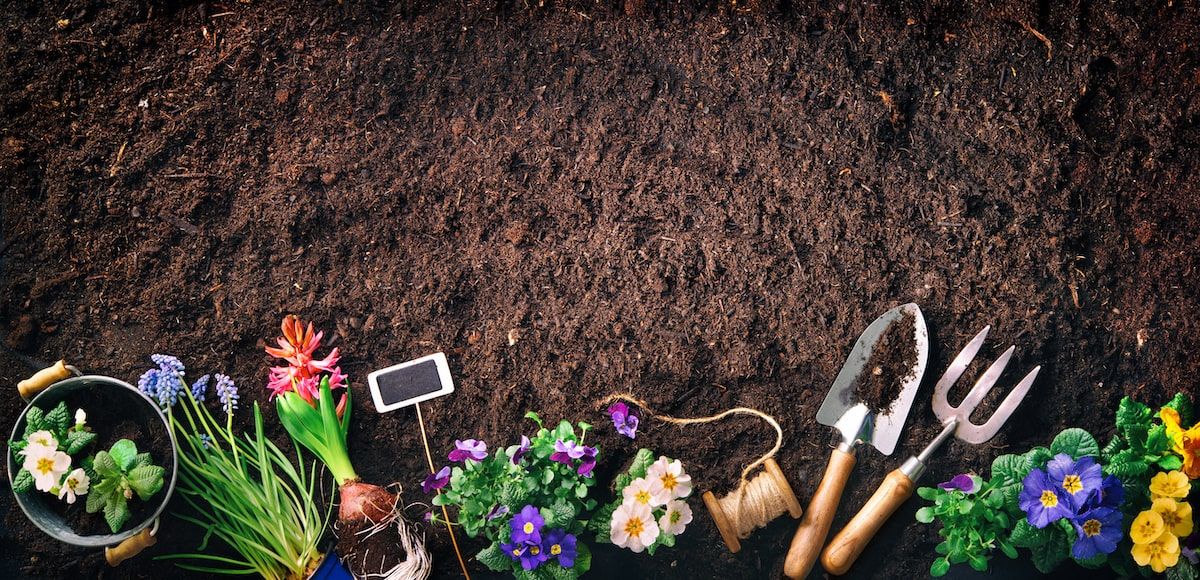
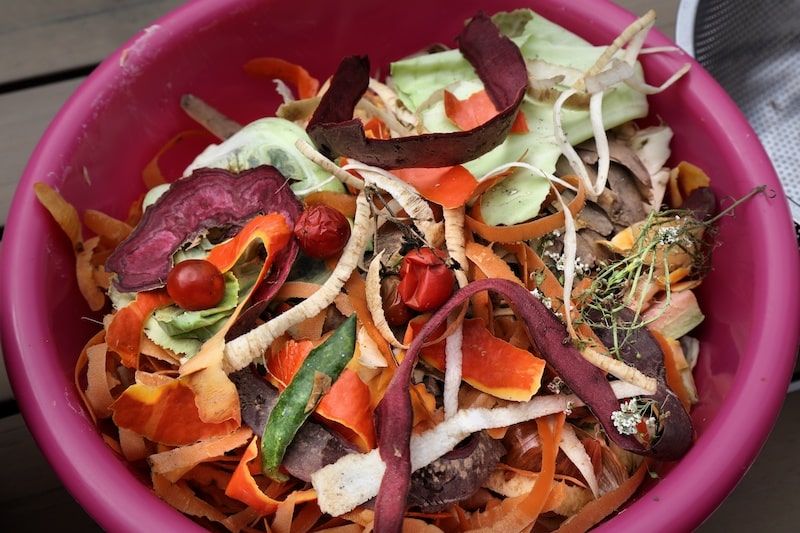
People living in cities have been facing waste accumulation and mismanagement problems for a while. It is important we start to try solving this problem at an individual household level. The first step towards solving this problem is segregating the waste. The organic waste from your home can be turned into organic fertilizer fairly easily in your house. This solves two problems at the same time, you get genuine organic food for your plants and get rid of the waste.
Read HomeTriangle Guide on the kitchen scraps that are good for your plants that are otherwise thrown away.
Compost Bins - A Necessity
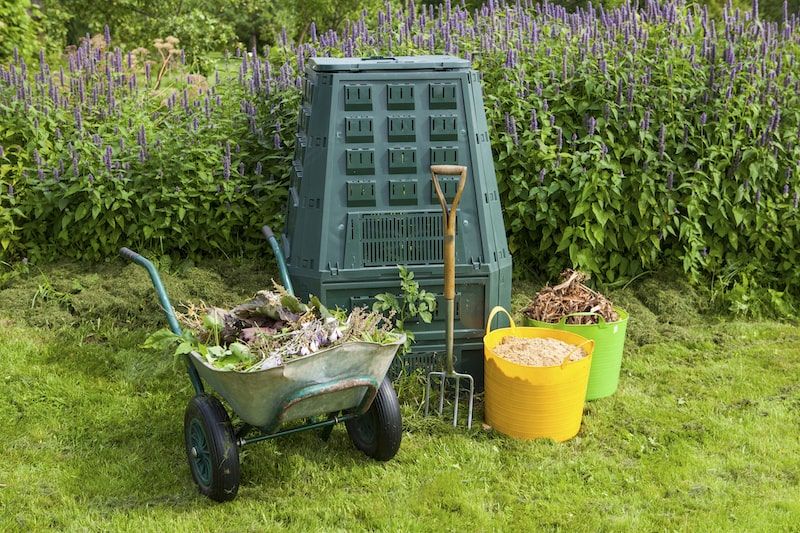
It’s time we start looking at composting bins as a necessity in every home. Waste segregation and recycling, especially organic waste should become a habit for everyone. You can easily turn organic waste into compost from kitchen scraps. This compost can be readily used for house plants and kitchen gardens.
1. Vegetable Scraps & Peels
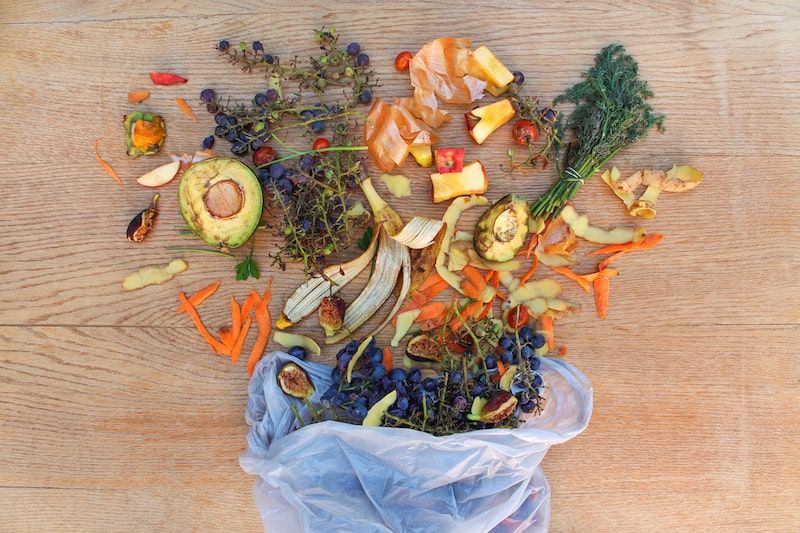
No parts of any vegetables should be thrown away, be it peels or end or any piece discarded because of slight rot or disfiguration, can be utilized in a compost bin. Every single piece of discarded vegetable and fruit belongs in the compost bin. Just be careful of seeds, because they might start germinating in the compost bin itself.
2. Old Vegetables
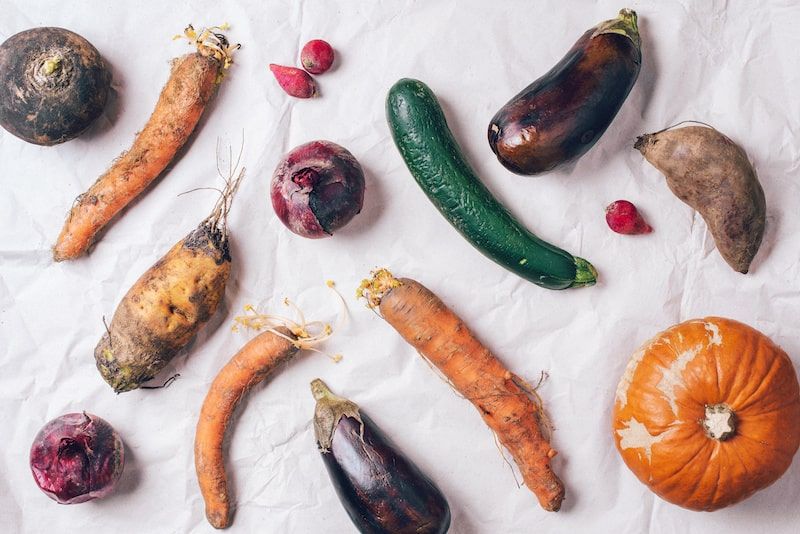
Vegetables lie unused in the back of the fridge or at the bottom of baskets and they shrivel up or start rotting a lot of times. Even though these vegetables may not be suitable for cooking, but tossing them into the compost bin is an excellent way to convert them into nutrition for your garden plants.
3. Coffee Grounds
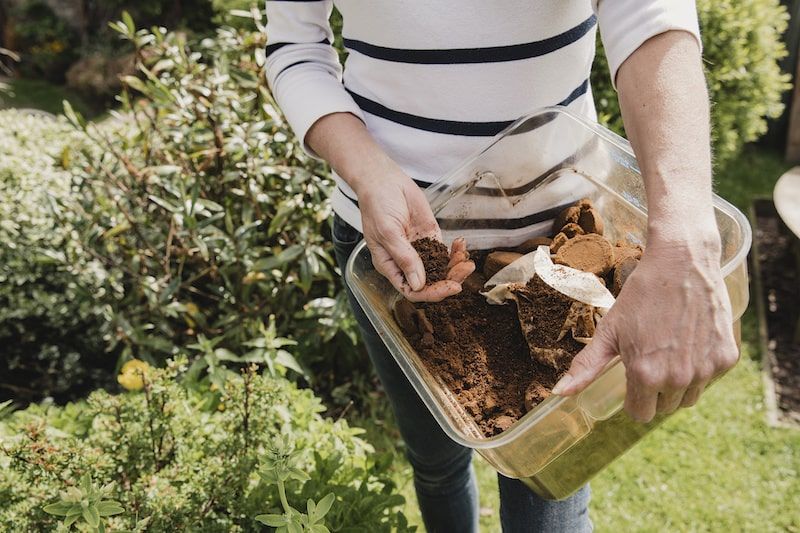
Coffee grounds are an excellent source of the much-needed element nitrogen, as well as some potassium, phosphorus, and other essential micronutrients that promote healthy plant growth. The quantity and proportions of these nutrients vary, but they can be used as a slow-release fertilizer and even a mild pest-repellent for plants. Even though they can be put directly in the soil in some cases, we believe it is best to toss them into your compost bin. Coffee grounds are so beneficial that some coffee shops actually give out their used coffee grounds to enthusiastic gardeners in the area.
4. Cardboard Boxes
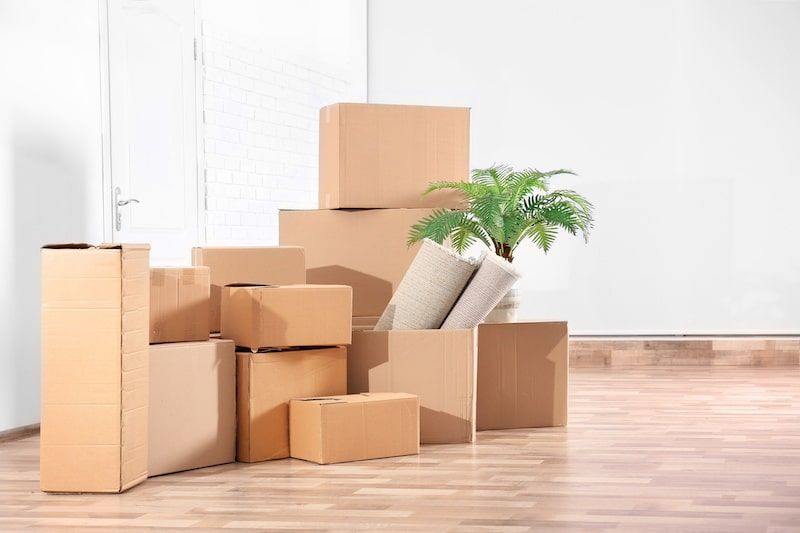
The birth of e-commerce and its home deliveries saw a lot of cardboard boxes getting collected and then thrown away in household trash. The non-printed cardboard boxes can act as a much-needed dry filler in your kitchen compost bins. Cut the box into small pieces before throwing them in your compost bins. As most of the kitchen waste that goes into the compost is wet, cardboard boxes, dry leaves, and so on absorb the excess moisture and acts as dry agents.
5. Napkins And Paper Towels
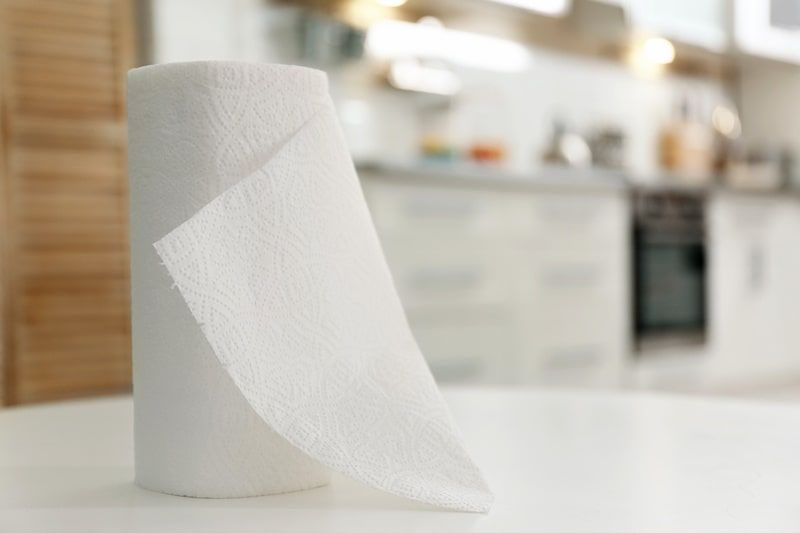
All used paper napkins and paper towels can go into the composting bin. Try and minimize any napkins that have been used to soak up oil. Oils are not very good for compost piles as they can form a layer and suppress the composting process. That is the reason why cooked food leftovers are not best suited for compost. Cooked food waste should be included only in very small quantities because of its oil content and spices, salt, sugar, and other additives.
6. Banana Peels
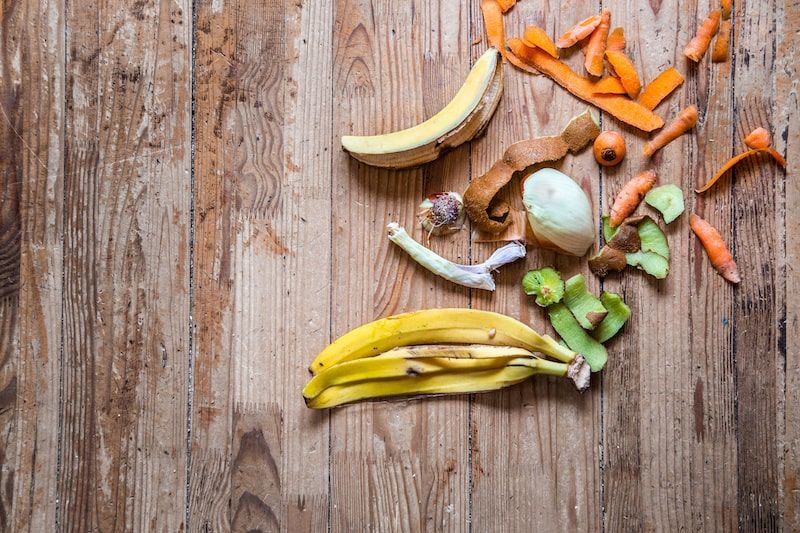
Banana peels are excellent for all growing plants due to their high content of potassium, phosphorous, and other micronutrients. Banana peels are one of the most commonly found items in Indian households and are a super ingredient as a fertilizer. Our experts cannot stress enough the importance of never throwing out a banana peel if you have a house garden.
7. Egg Shells
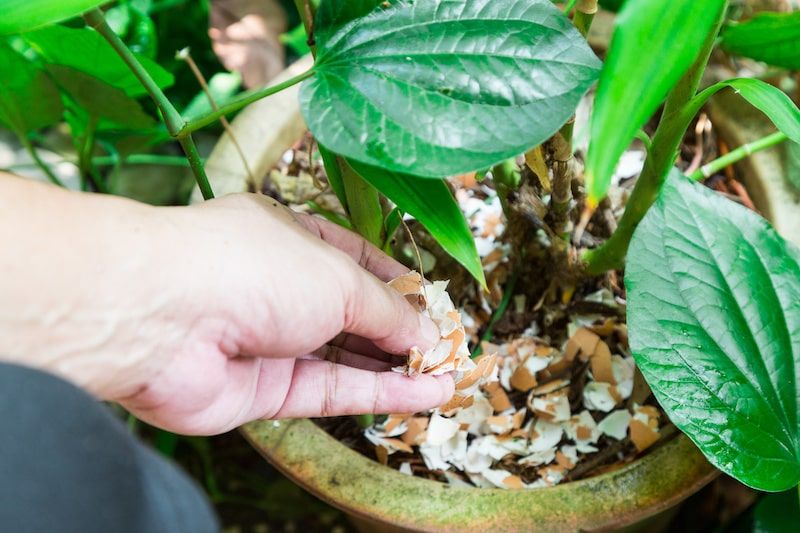
Eggshells are made of calcium and calcium is a necessary nutrient to grow healthy plants. Rinse and dry the eggshells to get rid of any smells. Whiz them a little bit in a blender or coarsely grind them to turn them into a powder and add it to your composting mix.
Kitchen gardening seems easy enough when you think about it. Get a few seeds and saplings, pots, and a bag of garden soil from the nursery and fill the pots with soil, sow the seeds or plant the saplings and just place them on the balcony or windowsills. Seeds not sprouting, weak plants, attack from insects and bugs, and falling or yellow leaves are some of the few challenges faced by every first-time gardener. It comes as a common challenge when constructing a kitchen garden. No need to panic, there are a lot of solutions for it.

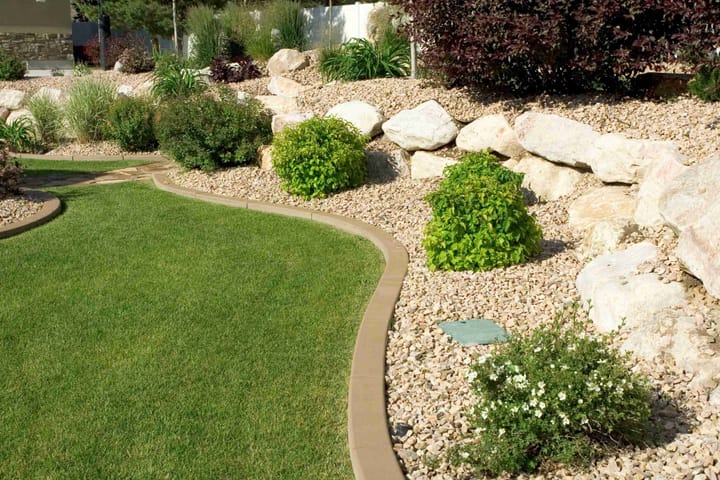

Comments ()